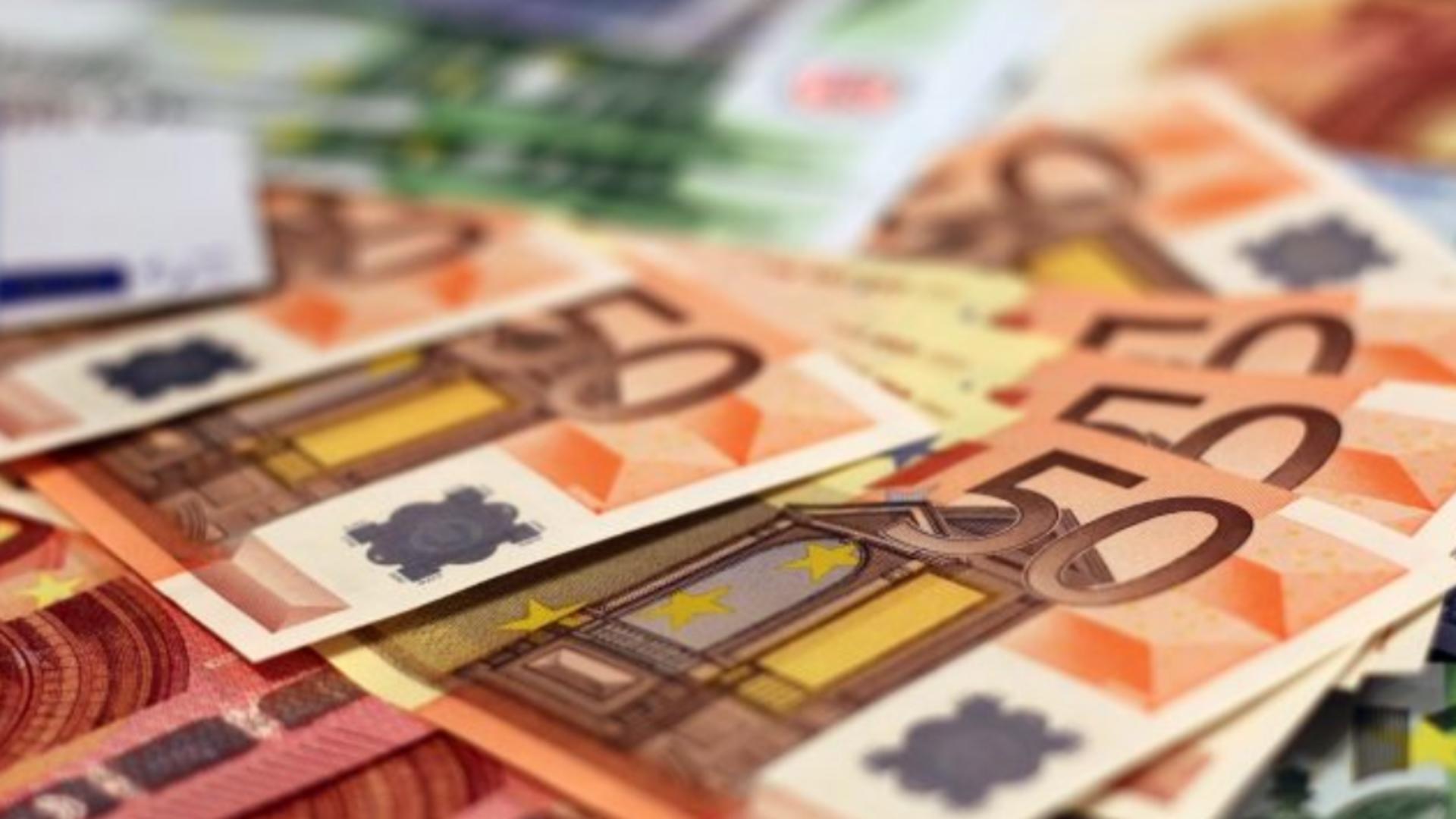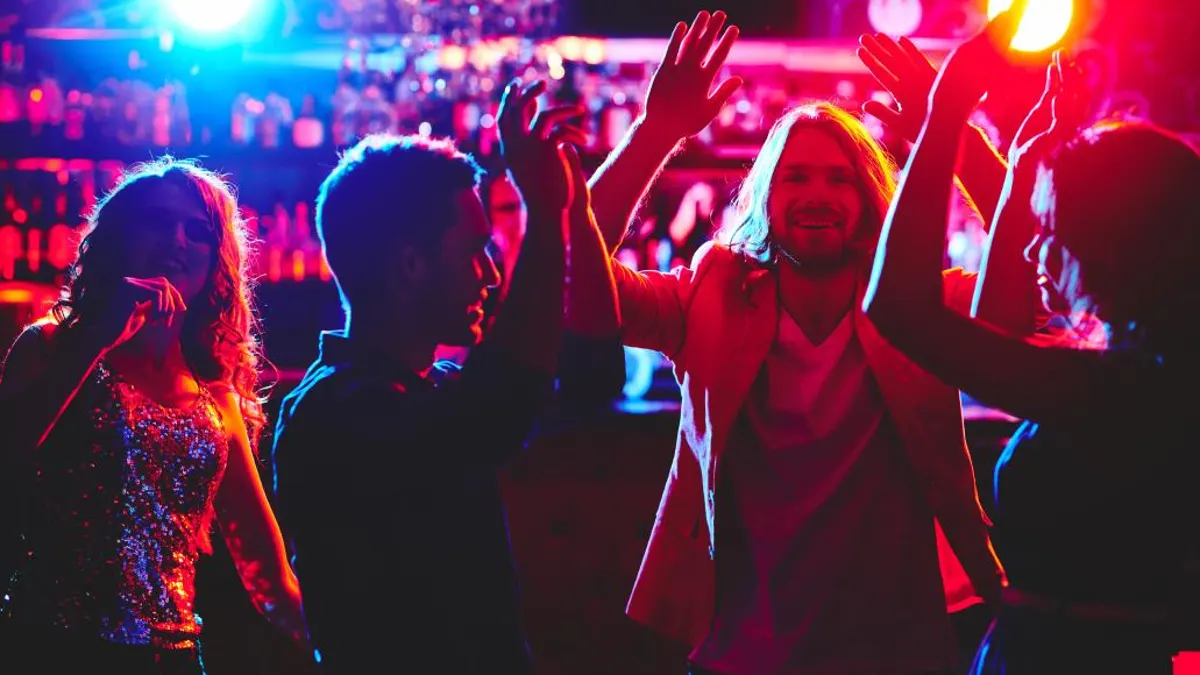The late OJ Simpson does not leave many personal legacies: the most meaningful are probably one Heisman Trophy, his children and grandchildren.
But his 1994-1995 trial for the stabbing murders of his ex-wife Nicole Brown Simpson, mother of two of those children, and her friend Ron Goldman is another story. Its legacies include openness about using race as a prime factor in selecting jurors; making jury selection consultants key legal figures, and establishing Johnny L. Cochran as one of the pre-eminent defense lawyers of the last century.
Probably more importantly, the trial also ended illusions that had denied some sad realities: For one, it demonstrated clearly that wealthy celebrities can buy more effective legal defense than others, regardless of the facts in any case.
It also destroyed the belief that America had accomplished a lot toward overcoming racism.
For sure, racial awareness has been keen since America’s inception, or at least since the first African slaves arrived here unwillingly in 1619. But in the years just before Simpson’s mid-1990s trial, many polls showed Americans believed race had become less divisive, with people regarded more often as individuals than before and viewed less through the racial lens.
This illusion was likely one factor moving then-District Attorney Gil Garcetti of Los Angeles County to move the case into downtown Los Angeles, with its polyglot jury pool, rather than keeping it in a branch courthouse in Santa Monica, where the pool would have been mostly white and far more wealthy.
Any pretension of color-blindness disappeared the moment voire dire began in late 1994. Cochran and co-counsel Robert Shapiro quickly began using peremptory challenges to eliminate every potential white juror they could, not needing any reason beyond race.
They discerned that even though Simpson often said he was neither black nor white, but merely OJ, this was not how most African-Americans saw him. He was a hero to many, even as there were no strong racial components in either his movies or the TV commercials that showed him hurdling through airports en route to a rental car.
Meanwhile, prosecutors Bill Hodgeman and Marcia Clark did not visibly use challenges to shape the jury’s racial makeup. They would not likely be so naïve today.
The result was that eight of the 12 jurors who would eventually acquit Simpson were Black, with only one white, along with two Hispanics and one juror who was half Native American.
This would prove disastrous for Garcetti, who tried to compensate by taking the veteran Hodgeman off the case and eventually making one of his Black deputies, Christopher Darden, a co-lead prosecutor.
So race pervaded this trial, right up through the loud celebrations among many African-Americans after Simpson’s acquittal.
After-effects can be seen throughout American life today; identity politics has become a major theme for Democrats, who see many issues through lenses that don’t differentiate much among individuals, but mainly consider only large groups.
Then there is the residue of Simpson’s pulling together his high-fee legal “dream team,” including not just Cochran and Shapiro, but also the noted F. Lee Bailey and Alan Dershowitz, along with civil rights advocate Barry Scheck.
No one cared about their very diverse ethnicities; the racial focus was on Simpson, his white victims and one detective who had employed racist terms.
Related Articles
Donald Trump is right about abortion and Lindsey Graham is wrong
Bill Essayli: Vehicle registration fees are out of control. AB 2963 would cut car taxes and cap late fees
Tyranny by the numbers: The government wants your money any way it can get it
California’s homelessness programs need to deliver better results
Gender identity: Letters
Something partly analogous plays out at this moment with a former president accused of many felonies using money to delay most of his trials repeatedly, almost as if he’s living out his own claim that his celebrity assures he could shoot someone in cold blood in broad daylight on Manhattan’s Fifth Avenue and nothing much would happen to him.
Simpson didn’t intend any of this. He did not create the shameful racial heritage of America, nor did he design his legal strategy; Cochran did that.
But without his celebrity status and the prominence of his trial, televised daily for many months world-wide, it’s possible these things would not matter the way they do now.
So never mind whether Simpson leaves personal legacies. His trial changed a lot about America, destroying multiple illusions of fairness and equity across racial and economic lines.
Thomas Elias covered the OJ Simpson criminal trial for the Scripps Howard News Service. He was in court daily. Email him at tdelias@aol.com.





